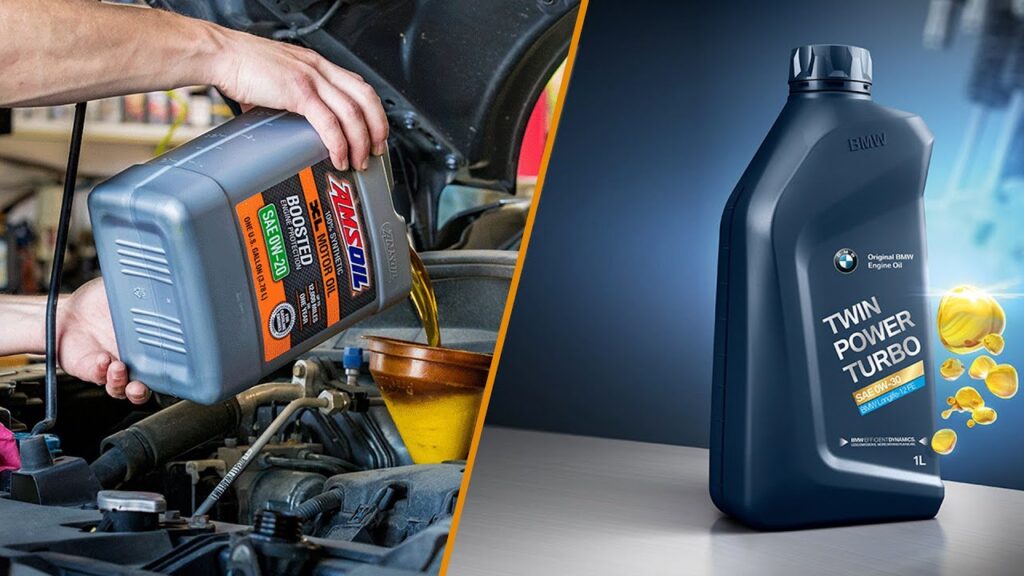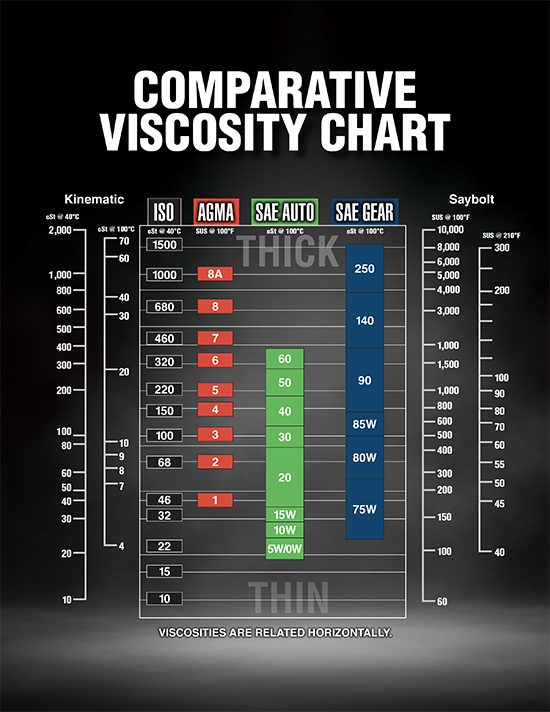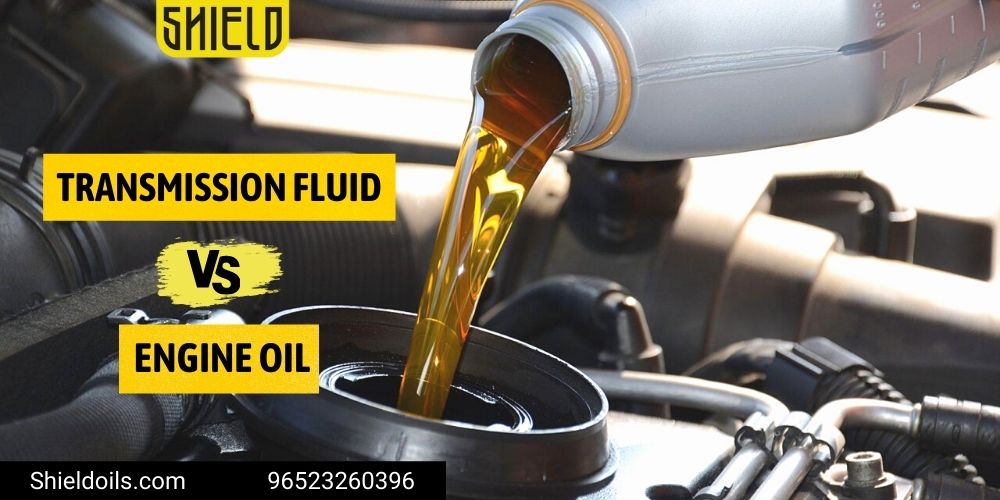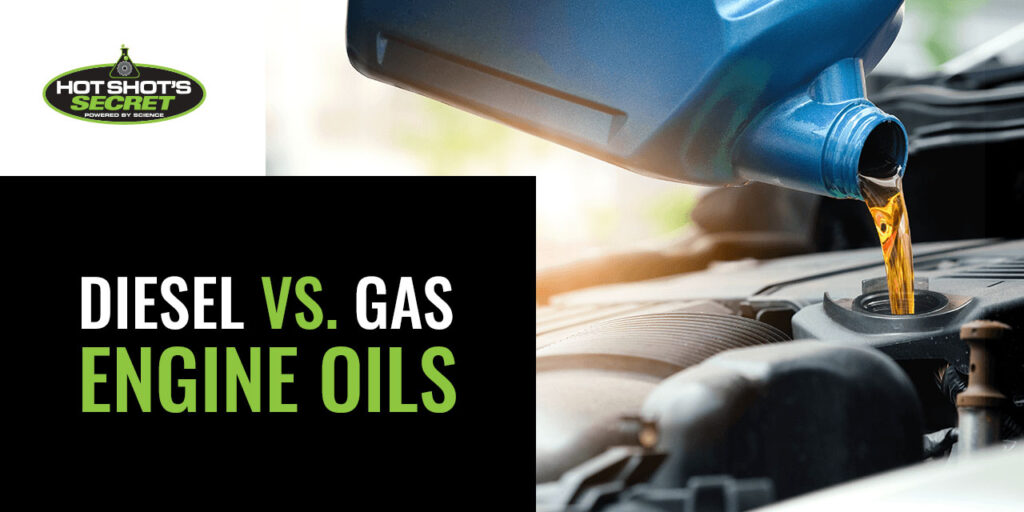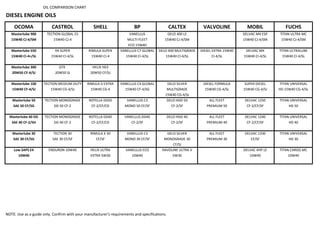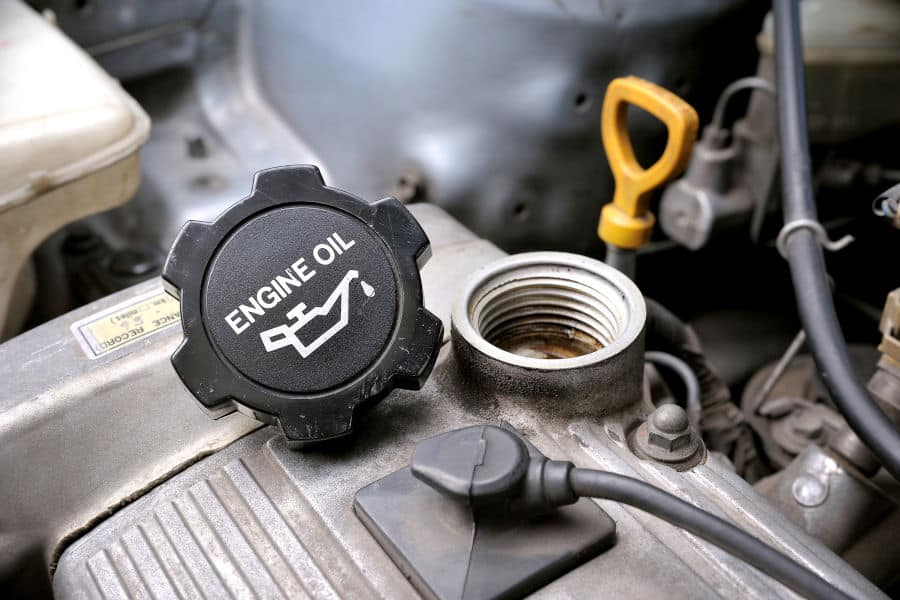Engine Oil Vs Motor Oil: Unveiling the Best Choice
Engine oil and motor oil are interchangeable terms referring to the same product in the market, consisting of base oil with additives. They serve the same function, despite being labeled differently. Both are essential for lubricating and protecting the engine’s moving parts from wear and tear. Additionally, they help in dispersing contaminants and maintaining […]
Engine Oil Vs Motor Oil: Unveiling the Best Choice Read More »

